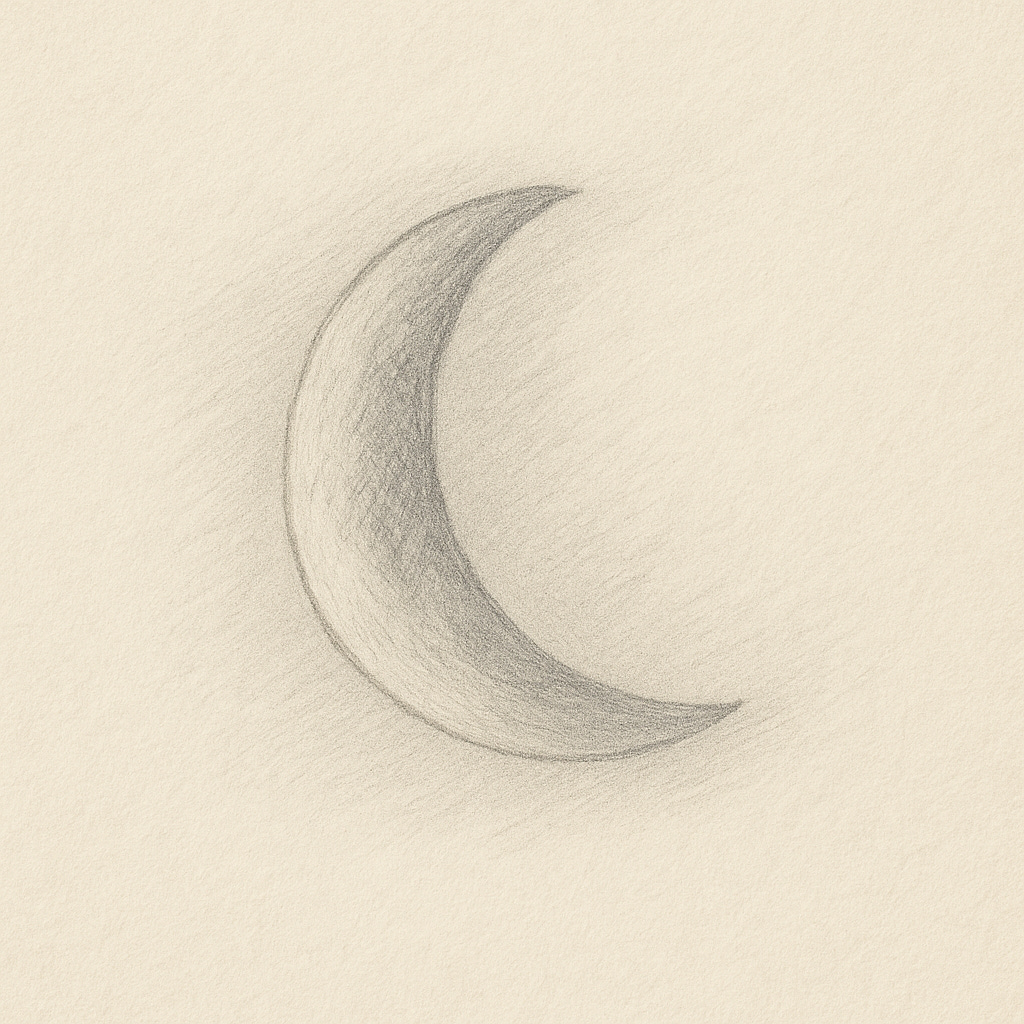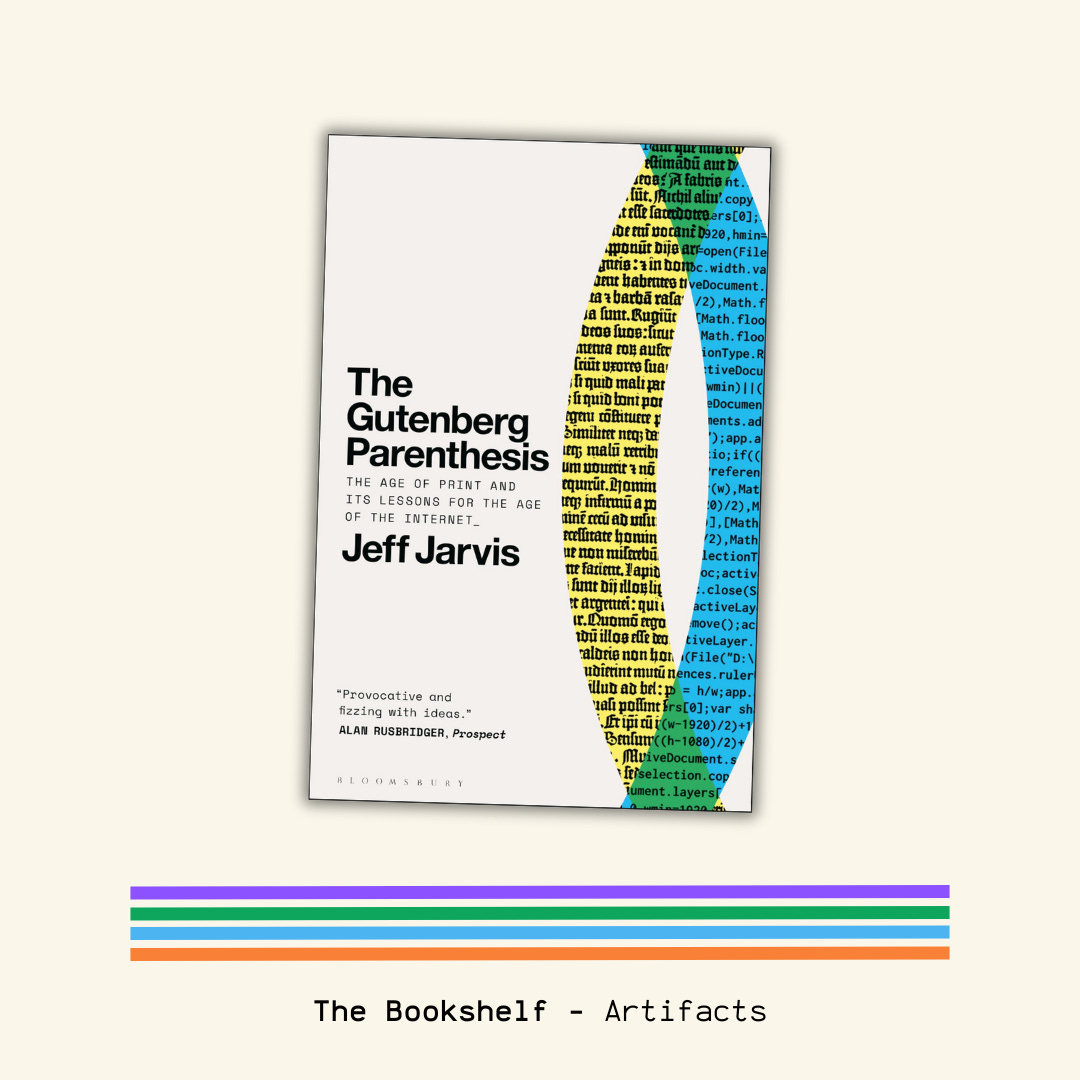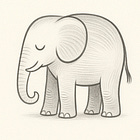Paying for it
What's attention and how it is distracted, nowadays
I've been thinking of this piece for quite a while.
We’re all struggling with attention: we turn off notifications, put phone away, try pomodoro technique. Cause we don't want to be distracted.
At the same time, we turn off notifications, put our phones away, and seek out isolation to temporarily escape our daily worries and concerns. To stop being attentive to everything, to get distracted, eventually.
And yet, we’re told we live in a non-attentive era. An age of dwindling focus, of jump cuts and doomscrolls. Some data claims so.
I agree. But also, I don’t.
What if we’re actually the most attentive era in history? What if our problem isn’t that we lack attention, but that we’re incapable of doing nothing at all?
We don’t sit still anymore. We don’t zone out. We fill every idle moment. Not necessarily with meaningful things, but certainly with something. And isn’t that a kind of attention?
Here’s the kicker: attention and distraction aren’t opposites.
Think of attention as a state - a focused, intentional effort to direct your mind. It’s a posture, a discipline. Distraction, by contrast, is a motion. It’s what happens when attention moves elsewhere, often against our will, hijacked by push alerts, autoplay, or curiosity about whether your football team is, in fact, winning.
Take doomscrolling. It feels like distraction, but it’s actually a kind of feral attentiveness. You’re absorbed. Focused, even. Just not on anything that nourishes you. We’ve confused being directed with being distracted.
So maybe we're diverting our attention away from work, but we're succeeding on focusing on something else.
And this is probably something brought to us by the internet and phones. They make us, potentially, always available. And, therefore, potentially attentive to something else than the current status quo.
It's getting harder to lie down on a park and focus just on a book.
One may wonder what were we doing before phones? Probably nothing.
Now, every place - even what used to be a non-place - can be a place for some attention, often limited, in bits, but still attention to some input
Queue to board a flight? You scroll. Waiting for the metro? Let's check email. Your partner went to the bathroom at a restaurant? Let me check if my football team is winning the game.
(Maybe we just can't wait for someone / something?)
So yes, we’ve developed a new kind of attention - one attuned to a specific kind of information:
We attend to bits. Tiny fragments. Reels, tweets, thumbnails. Things with no context, no follow-up. Easy in, easy out.
We attend to ephemera. If you blink, it’s gone. That TikTok won’t show up again, even if you want it to.
And we attend to what the algorithm serves, not what we sought out. It’s attention without agency.
Technically, we’re getting what we want. Statistically, at least. But as Harry Frankfurt put it: getting what we want, not what we want to want - perhaps the unofficial motto of digital life.
So yes, we’re attentive. Constantly. And distracted. Constantly. Because the medium of our attention - the phone - is engineered to reward impulsive urges, not reflective desires. We say we want to read. But we scroll.
Some have said we’ve closed the Gutenberg parenthesis - that stretch of history dominated by print - and stepped back into an oral era. Others, with less subtlety, call it the Zuckerberg era.
The first was a time of books, or at least of things that stayed still long enough to be read - even if printed on a screen. The second, the one we’re in now, is softer around the edges. It’s oral not in the sense of conversation, but in the way content is absorbed: listened to, watched, passively consumed. It demands less from us. Less effort. Less attention. Just eyes and ears.
And yet, one artifact resists: the book.
Books don’t come to you. They don’t notify, nudge, or suggest. They just sit there. Silent. Flat. Dead weight, literally and metaphorically, until you crack them open.
Books ask something rare: undivided attention. Not to skim, not to swipe, but to read - line by line, and between them too. No curation, no autoplay, no “you might also like.” Just your choice, and your risk: to engage or not.
If you think of them as an interface, it's one that is not replying back. It's there, dead. No input if we don't choose to do so or get one. In that sense, books are less like social media and more like a chatbot.
And so they sit. Closed, mute, overlooked (sometimes). Still requiring attention in an era of distracted attention.
Save for Later
What’s OpenAI strategy? A document that was leaked! And maybe it brings us to a linkless Internet?
Steve Jobs, remastered. And if you wanna persuade your parents to get you a Macbook…
I’m using a new browser, it’s insane. And what’s behind it
Designers stopped designing. But they can play fun games on the Atlantic now.
Have you been targeted by adv on X? Check it out. And the Fediverse is welcoming Threads!
What’s software 3.0? A must watch:
The Bookshelf
Mentioned it above. The Gutenberg Parenthesis offers a fresh perspective of what printing did to out information and how it is being rethought with the Internet. Must read, imho.
📚 All the books I’ve read and recommended in Artifacts are here.
Nerding
Try Dia. It will change how you use a browser, how you interact with the Internet, how you work. You will not go back.
We’ve been here before
☕?
If you want to know more about Artifacts, where it all started, or just want to connect...









Always great to read Lorenzo